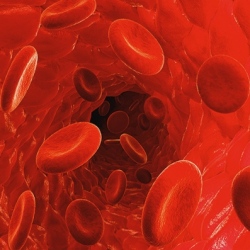
The world’s first Malaria vaccine provides modest protection according to trial results. Four injections of the RTS,S vaccine reduced cases of malaria in children aged 5 to 17 months and babies aged 6 to 12 weeks at first vaccination by 36 and 26 per cent respectively after four years.
"Given that there were an estimated 198 million malaria cases in 2013, this level of efficacy potentially translates into millions of cases of malaria in children being prevented," says lead author Brian Greenwood of the London School of Hygiene and Tropical Medicine. Complete rollout of the vaccine could prevent tens of millions of cases and save hundreds of thousands of lives.
Vasee Moorthy, of the WHO’s vaccines department, warned against funding a huge new vaccination programme at the expense of other measures against malaria that have proved effective, such as providing insecticide-treated bed nets to protect sleeping children against mosquitoes that carry and spread the malaria parasite, Plasmodium falciparum, in their blood.
"Any possible use of this vaccine in the future must take place in the context of the WHO’s recommended core malaria-control measures, prioritising universal access to long-lasting insecticidal nets and prompt access to diagnosis and treatment with artemisinin-combination therapies," he told New Scientist.
Moorthy also warned that the development of other anti-malaria vaccines, including one isolated from mosquito spit, is "at least 10 years behind" – so RTS,S is the only existing vaccine hope for a decade or more to come.
